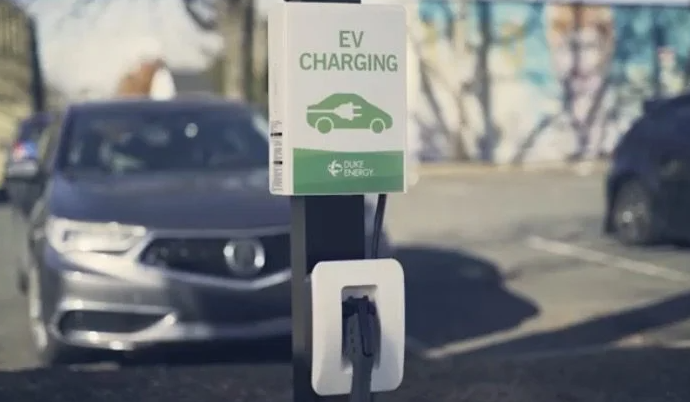Car dealerships are informing auto manufacturers that their stocks of electric vehicles are already sufficient, and they are not interested in acquiring more vehicles until their existing inventory is sold. However, the manufacturing companies are increasing their production of electric vehicles to higher levels than ever before. This is highlighted in a report by Insider.
The manufacturers are urging dealerships to make substantial investments, but dealerships are looking for a tangible return on these investments. An example comes from Scott Kunes, the Chief Operating Officer of Kunes Auto and RV Group, a company established in 1996. The group operates across multiple states and deals in both foreign and domestic vehicles as well as recreational vehicles. More insights can be found on the company’s official website.
An “inventory turn” indicates the speed at which a retailer can sell products worth the same value as their entire stock. Max Digital, an automotive digital marketing company, mentions that the average retailer aims for a yearly inventory turnover of 12 times.
Insider reported that a couple of months back, dealerships had approximately 54 days’ worth of inventory on hand. However, the inventory of electric vehicles (EVs) was much higher, amounting to nearly four months’ worth, which is more than double the regular inventory level.
Not too far in the past, prior to manufacturers increasing the production of electric vehicles (EVs), locating an EV for a test drive, let alone for purchase, used to be quite challenging.
However, the situation has shifted. Additional dealers have informed Insider that they are also refusing more inventory until they manage to sell the existing stock on their premises, or they have plans to do so in the near future.
Insider’s report states that the group of affluent consumers capable of affording an EV and being open to the risk associated with early adoption of EV technology has essentially made its purchases.
Based on the statistics, electric vehicle (EV) sales constituted approximately 6% of total auto sales in the year 2022. An earlier report from Insider indicated that these sales were anticipated to notably surpass that percentage in the year 2023.




